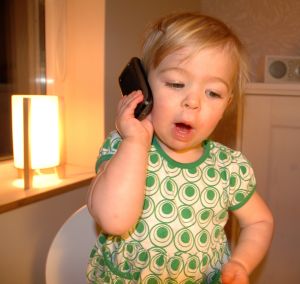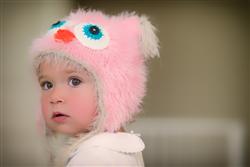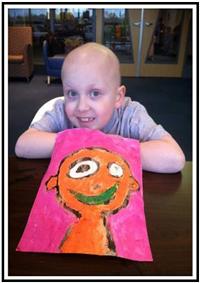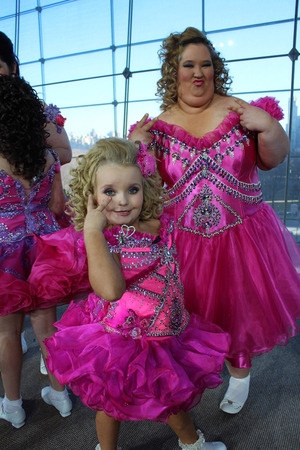Let’s Give Them Something to Talk About
By N. Amalie Harris, M.A. CCC-SLP, Speech-Language Pathologist
Ever wonder why some kids are practically born talking and others take their sweet time learning “to use their words?” There are lots of factors that determine when children will talk, including their exposure to language, their birth order, their sex, frequency of ear infections, the number of languages they are learning, and of course, factors related to congenital circumstances such as structural and neurological conditions, syndromes, hearing loss, and other medical conditions.
WHEN will my child start to talk?The majority of children typically say their first meaningful word around the age of 12 months. They add a few words every month thereafter and have a language explosion around 20-24 months. By the time they are 3, they are usually talking in short sentences and family members can understand most everything they say. But let’s back up a moment and ask a question that is often overlooked.
WHY will my child start to talk? Well, most children talk to let others know what they need or want. Consider for a moment, a child that’s on a highly-regulated (and highly effective) schedule. Mom gets her out of her crib seconds after she wakes up, gives her a snack along with her juice within minutes of waking up from nap (replenishing as needed), sets her down on the floor surrounded by piles of easily accessible toys, and reads a book with her before putting her to bed every night. Mom knows her child so well she foresees her daughter’s needs and wants before the child even has the chance to have a need or a want. The child may go though the entire day with no real reason to communicate. Children, like adults, usually take the path of least resistance (don’t worry Mom, you didn’t teach them that; it just comes naturally). If sitting in her highchair looking sweet generates all the goldfish crackers and juice she wants, what reason does she have to use words? What if that same child was given her snack, but no juice? She feels thirsty. All of a sudden, there’s a reason to say “juice,” or “drink,” or “cup.” Or, the child is in her playroom, but her favorite baby doll is in a closed toy box she can’t open herself. She wants the baby. All of a sudden, there’s a reason to say “baby,” or “open,” or “help.”
By no means am I discouraging a schedule, just encouraging parents to ensure they provide plenty of opportunities for their child to express their wants and needs within their daily routines. It may take some planned forgetfulness. Whoops! You forgot her milk at dinner! Whoops! You forgot that he likes to read a book before bed. Whoops! You didn’t realize that he wanted more than one goldfish cracker for snack. Silly Mommy! So, WHY will your child start to talk? Because they have a reason to talk! A chocolate cream-filled reason or a blinking-singing-bouncing reason. You’ve just created some motivation; you’ve given them something to talk about.
All children develop language in their own way, and while many children learn to use words without any direct instruction, others may need a little boost. Be careful not to compare your child to others; there is a wide range of normal development. If you are concerned about your child’s speech and language development, a speech-language pathologist can help answer some of your questions and determine what treatment, if any, is needed. I typically advise families to seek the advice of a speech-language pathologist if their child is not using any meaningful words by 18 months of age. If speech therapy is needed, faster outcomes are achieved when intervention begins early.








Thank for the insightful article Amalie! 🙂